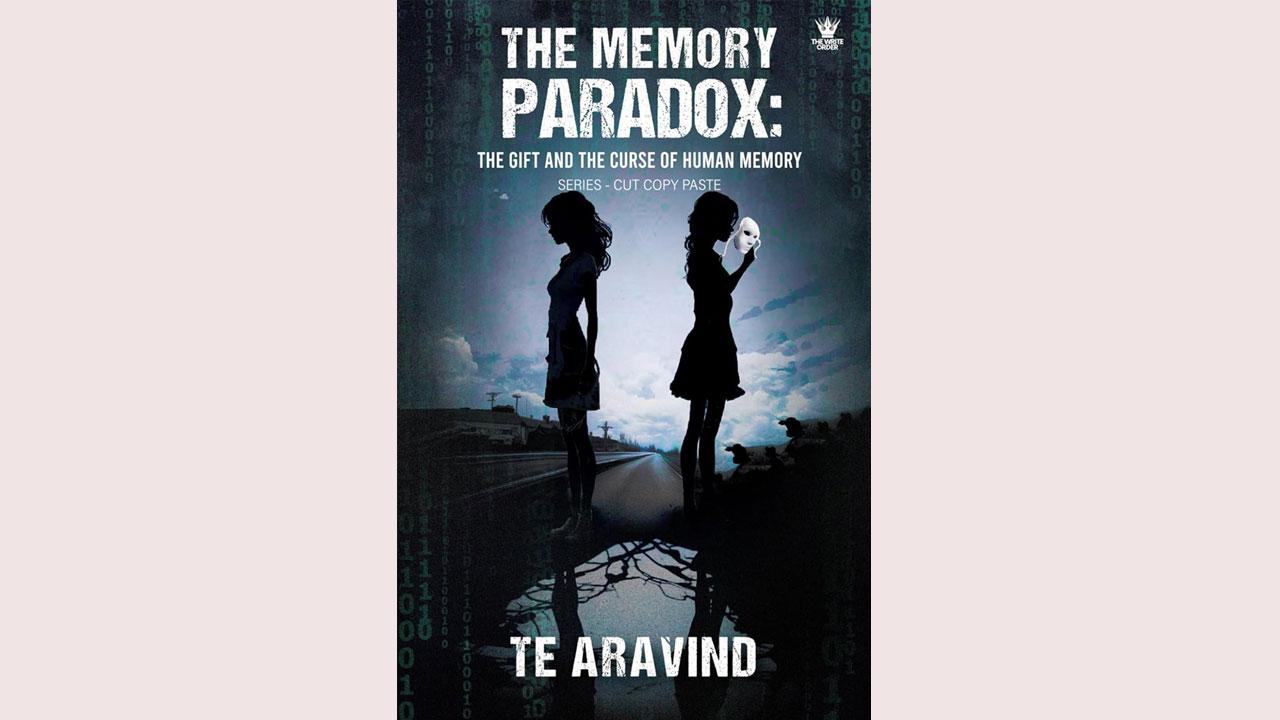- Sun, 13 July, 2025
EPAPER
-
EPAPER
Updated: December 07, 2023, 11:40 AM IST | BrandMedia | brandmedia@mid-day.com | MUMBAI
Read this story on Mid-day.Com
The series delves into technological aspects and emphasizes the significance of mental health and the psychological factors that shape human behaviour.

Aravind TE, a former banking professional turned author from Tamil Nadu, adeptly harmonizes his dual worlds to craft a narrative mirroring his ardour and steadfast commitment to storytelling. Ignited by the COVID-19 pandemic, Aravind explores the confluence of science, data, and mental health, intending to stimulate contemplation and present fresh outlooks.
His debut book series, "The Memory Paradox." is a universe where human memory and technology intricately interweave. Aravind`s storytelling delves into fundamental human needs and their intersection with groundbreaking technologies, challenging existing boundaries and posing profound questions about the role of technology in our lives. The plot intricately navigates through complex relationships, seamlessly shifting between past and present, constructing a thought-provoking puzzle for readers.
The series delves into technological aspects and emphasizes the significance of mental health and the psychological factors that shape human behaviour. It serves as a poignant reminder that everyone faces challenges in an unforgiving world. Simultaneously, the narrative raises thought-provoking questions about the prospect of treating mental health, much like common colds and flu. Can human memories be transplanted? Is it plausible to eliminate undesirable memories, similar to the approach taken with cancer cells? Notably, the book prompts reflection on whether discussing mental vulnerability without societal stigma is feasible.

Accompany the journey of two young IT professionals entangled in a contentious project, unravelling groundbreaking technology capable of manipulating the human brain. Aravind`s narrative underscores the potency of collaboration, resilience, and the profound impact of technology on our lives, weaving together ambition, morality, and boundless possibilities.
The narrative of this book also provides insight into the perspective of innovators. Within the realm of scientific progress and innovation, every significant breakthrough has its unique imperative and backstory. Additionally, each innovation is entwined with the complexities of politics, demanding innovators to adeptly manoeuvre challenges and address the ignorance of those in decision-making roles.
This book also takes us through current and past life relationships, maturity in relationships, and evolution across three generations with interconnected and intriguing relationships.
"The Memory Paradox" distinguishes itself by seamlessly fusing universal themes, relatable characters, and an imaginative realm, inviting readers to introspect and question the potency of storytelling. Whether intrigued by human nature, mental health resolutions, or IT work cultures, the series guarantees an immersive expedition.
Peering into the future, Aravind is diligently crafting a prequel to "The Memory Paradox," unfolding in a distinct time frame. His writing expedition illustrates the enduring correlation between numbers and words, promising readers enthralling tales and innovative viewpoints.